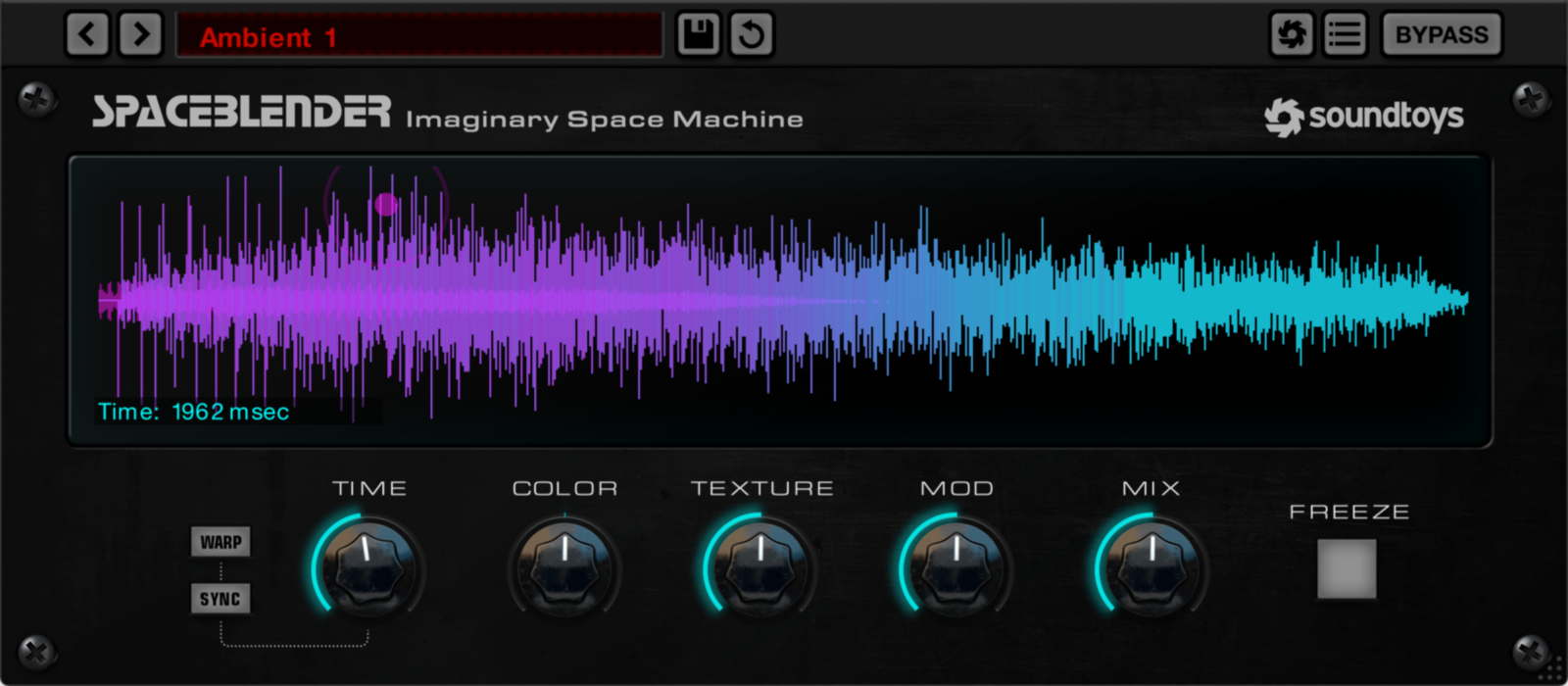
Ten music industry veterans drop some knowledge about how they approach remixing in this quick tips guide.
Remixing has taken on a life of its own in recent years as music software becomes affordable and methods of sharing digital content continue to evolve. For some, this new age of technology has allowed otherwise unknown artists to build a career in music. On the other end of the spectrum, anyone with a computer and some production software can try their hand at a remix to learn how it all works. The remix has become a doorway to understanding music for many producers, so we asked industry veterans to give some tips on how to approach working with someone else’s music.
Identify a key element from the original song that you can work with. As you develop it, remember to make sure that your remix still fits in with the overall sound you have developed as an artist. When you are working with other people’s material, it is easy to go down a path and create something that doesn’t sound anything like your own original music. This can be confusing for your fans. However it can also be a positive thing if it leads to growth or a new direction for you as an artist. That is your call to make. At the end of the day, it is best for your musical output to have some thread that ties it all together. Remember, they asked you to do a remix because they like your sound and your style.
Keep in mind the energy and arrangement of the original song, but also don’t lose sight of the purpose of your remix. Do you intend to make the track more DJ friendly? Do you want to make a beautiful song sound dark and menacing? Do you have an acapella at 90bpm that you want to make a dubstep remix with? If so, are you gonna speed the vocals up or make them halftime and get creative with the arrangement? Ultimately, those decisions (which should probably be made before you start) will give you a solid direction to head in and allow you to focus on making what you envision instead of wondering what you can contribute to the song.
Consider your audience. When I’m doing a remix, I think about where it’s going to end up: A remix competition, the original artist’s record, my live set, etc. Also, consider who’s paying you. If you’ve been hired by a pop artist’s manager or label, make sure to flatter the artist. If it’s a friend or colleague, do something you think will get their attention, and add your own touch that will let them know you got really intimate with their ideas.
Take all the stems and listen to them individually. Find the ones that you identify with the most, then delete the others. Reduce it to the most unique stems, then build from there in your own style. If you’re making a club remix rather than home listening, make your remix a different energy level than the others (i.e. if the original is high energy, make your mellow or medium energy, and vice versa.)
If you have to sync up live production parts such as an acapella in Ableton Live, use multi-clip warping by lining up the acapella with the original vocal version first and then set the warp markers there to the drums. Warping acapellas by themselves is much harder since you can’t get any accurate timing information and that will leave up much to your interpretation and decision making. Whereas in the original vocal version, you can always warp to the drums, and then you won’t have any problems with the vocalist later regarding vocal phrases not sitting in the intended rhythmic pocket.
Use a tuner plugin or pitch tracker to determine the key of the original song. Mixed in Key also works for this. Make sure that you are writing in either the original key or a related key. For example, if the song is in C Major then A minor would be a possible alternative. Also, consider who else is submitting remixes and make sure that the direction you go in will complement the other people who are creating remixes. However, if it’s a popular song, review the existing remixes to make sure that you have something unique to offer and aren’t making a remix similar to something that’s already out there.
Remixing is probably one of my favorite things to do because it forces you to write and immediately takes you out of your comfort zone. My only advice would be to listen to the original track as little as possible. Barely get an idea of what the original track is all about and take as much creative freedom to reinterpret it as you would have written it for yourself.
When doing a remix, and you are lucky enough to get all of the stems from the original artist, challenge yourself and make a new piece of music using only the original stems. Go ahead and utilize all of the slicing and sampling techniques you know, but stick to the original stems as your main source of material. This limitation will show you where you’re production and sound design skills are at. If you have one or two signature sounds that you use on every track you write so the world knows it’s you, that’s cool but don’t go overboard. We want to hear you re-imagining the original track, rather than just hearing, well, you.
With remixes, the best case scenario is when the artist who approaches you to do the remix appreciates your sound and expects you to give it your own unique voice. The worst case is when the artist initially made something unfinished and are approaching you, without saying it, in hopes that you will finish it for them. Don’t expect any residuals after doing a remix. It’s not about that. Either the money is good, or the people are good. Either way, it comes down to you putting your own unique voice into the remix, and you just can’t do that until you’ve developed your own sound, which takes a long time and a lot of hard work. Don’t like it? Then find another line of work.
Get your business straight: Make sure that there is some sort of written agreement with you and the client so that delivery dates, format, payment (or other reciprocal payment) are all spelled out very clearly. Read up on any additional legal issues involving remixes, rights given to producers, and other matters that are relevant to the song and the remix agreement. Make sure to have all of your publishing and writing together and be prepared to fight or negotiate for any songwriter or publishing that you may be owed. Finally, make sure that you get multiple copies of the final remix (assuming it comes out) and physical copies as well. There’s nothing lamer than having to spend your own money to buy a copy music that you worked on.

Sample Every Flavor: A Deep‑Dive Review of 1010music Bento Introduction 1010music Bento isn’t just anoth...

Soundtoys got a surprising new release of SpaceBlender, an experimental reverb plugin that is currently ...

Twice the power, endless creative possibilities for your productions

Software updates used to be the icing on our hardware cake. In 2025 the roles flip: code, clouds and cod...